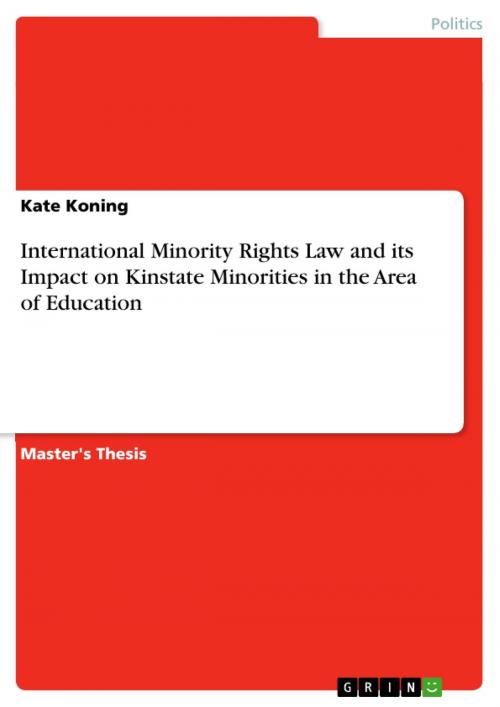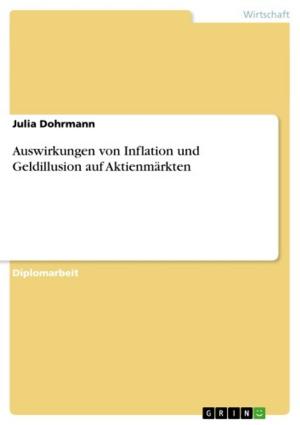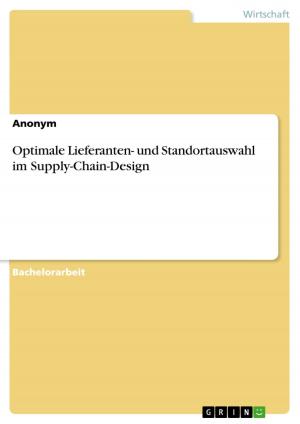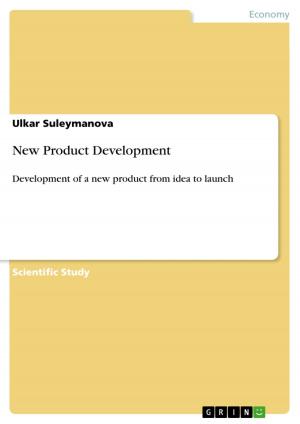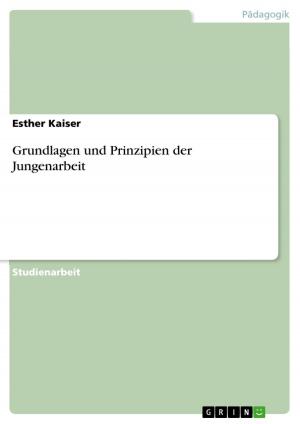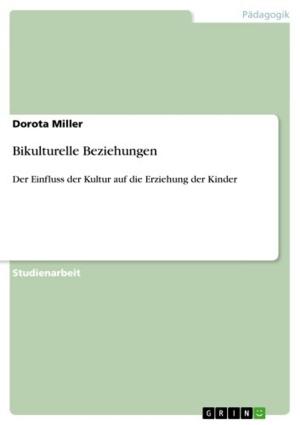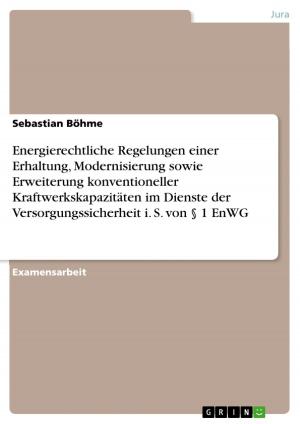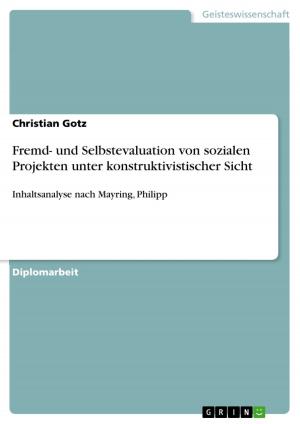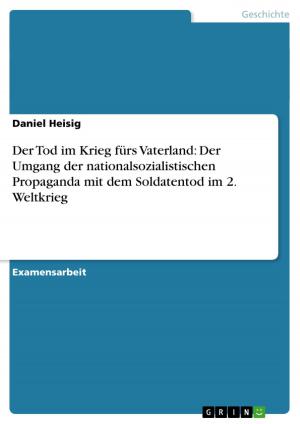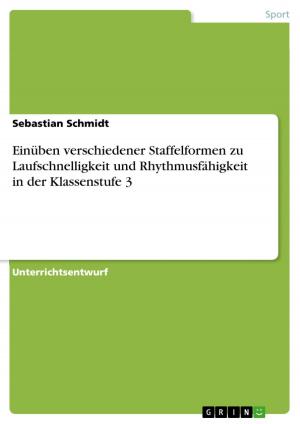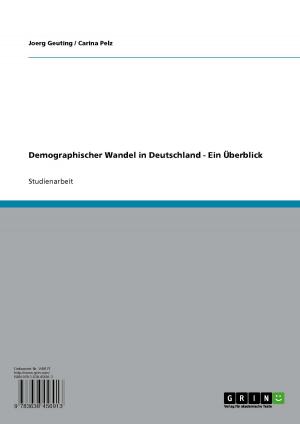International Minority Rights Law and its Impact on Kinstate Minorities in the Area of Education
Nonfiction, Social & Cultural Studies, Political Science| Author: | Kate Koning | ISBN: | 9783656634904 |
| Publisher: | GRIN Verlag | Publication: | April 11, 2014 |
| Imprint: | GRIN Verlag | Language: | English |
| Author: | Kate Koning |
| ISBN: | 9783656634904 |
| Publisher: | GRIN Verlag |
| Publication: | April 11, 2014 |
| Imprint: | GRIN Verlag |
| Language: | English |
Master's Thesis from the year 2013 in the subject Politics - International Politics - Region: Western Europe, grade: 1.7, University of Flensburg (European Studies), language: English, abstract: The Council of Europe created the first legally binding international treaty for national minorities in Europe for language rights called the European Charter for Regional and Minority Languages (ECRML) in 1992. Little is discussed in academia about its effects concerning kinstate minorities who are already protected due to state legislation and unilateral or bilateral agreements. This thesis examined the ECRML and its impact in the context of language education rights concerning the Danish and German minorities living in the Schleswig border region. Using content analysis and interviews with stakeholders, it was found that it helped re-enforce and re-assure minority language rights, created formalization in the area of language education rights, re-instating funding equality, raised awareness in minority education issues to the governments involved and re-instated funding equality in the area.
Master's Thesis from the year 2013 in the subject Politics - International Politics - Region: Western Europe, grade: 1.7, University of Flensburg (European Studies), language: English, abstract: The Council of Europe created the first legally binding international treaty for national minorities in Europe for language rights called the European Charter for Regional and Minority Languages (ECRML) in 1992. Little is discussed in academia about its effects concerning kinstate minorities who are already protected due to state legislation and unilateral or bilateral agreements. This thesis examined the ECRML and its impact in the context of language education rights concerning the Danish and German minorities living in the Schleswig border region. Using content analysis and interviews with stakeholders, it was found that it helped re-enforce and re-assure minority language rights, created formalization in the area of language education rights, re-instating funding equality, raised awareness in minority education issues to the governments involved and re-instated funding equality in the area.
